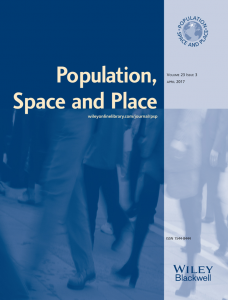Mirror, mirror on the wall… which one of the healthcare team am I? Understanding healthcare practitioners’ professional identities and what role professional regulation plays
In this article, Policy Adviser Michael Warren outlines some of the themes and challenges that arise from the Professional Standards Authority’s work on understanding professional identity and regulation. The research can be found here. Think of it, someone comes up to you and asks: “who are you?”. Where do you start? It’s a query that calls into question your entire identity. One place to start is your occupation, or ‘professional identity’. You may even have more than one professional identity,...




















